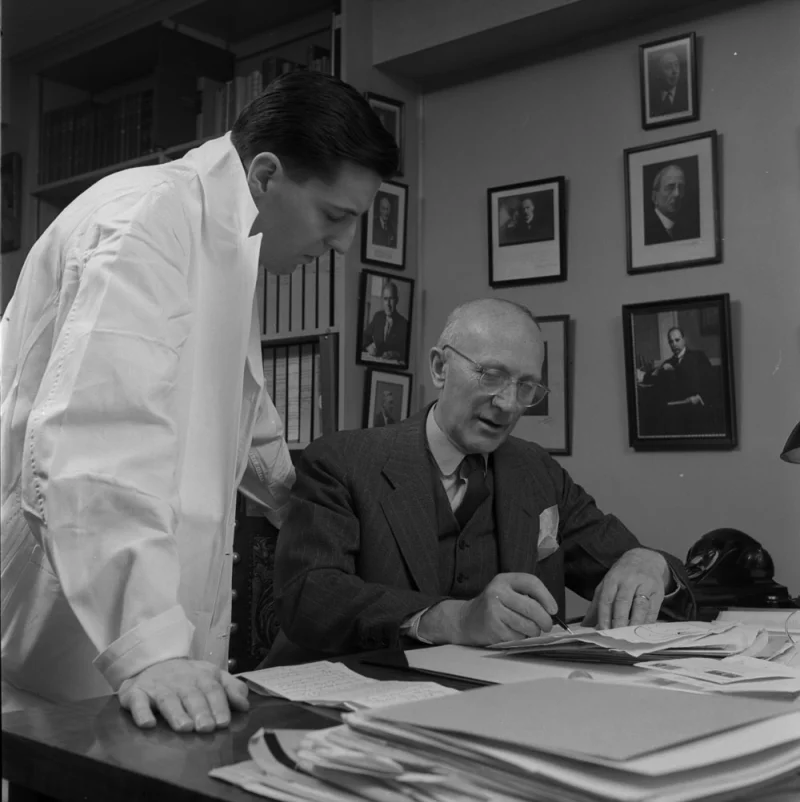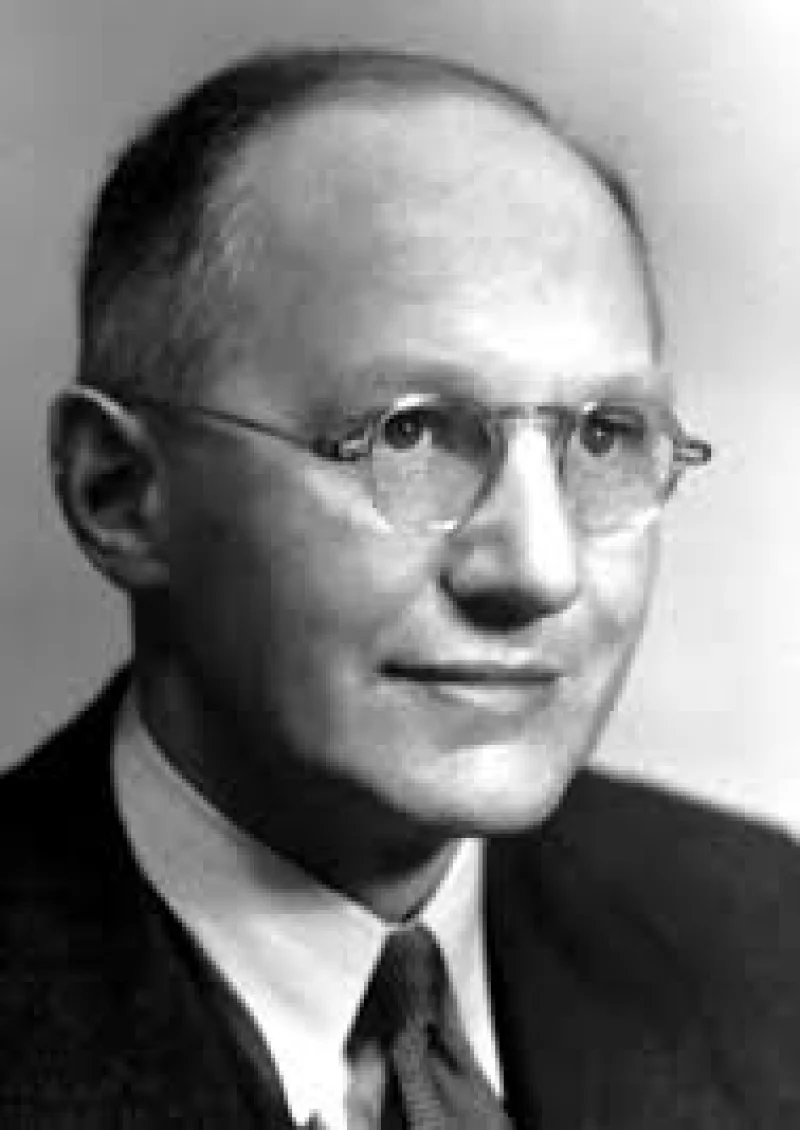Short Summary
Wilder Penfield was a pioneering neurosurgeon and neuroscientist whose work significantly advanced the understanding of the human brain. He is best known for developing the Montreal Procedure, which allowed him to treat epilepsy by surgically removing brain tissue while patients were conscious. His meticulous mapping of the brain's cortex provided invaluable insights into brain function and the localization of various cognitive processes. Penfield's contributions laid the groundwork for modern neuroscience and earned him international acclaim.
Early Life & Education
Born on January 26, 1891, in Spokane, Washington, Wilder Penfield was raised in a family that valued education and intellectual curiosity. His father was a physician, which may have influenced his interest in the medical field. Penfield attended Princeton University, where he excelled academically and athletically. He then received a Rhodes Scholarship to study at Merton College, Oxford. His education continued at Johns Hopkins University, where he earned his medical degree. Throughout his formative years, he was influenced by mentors such as Sir Charles Sherrington, whose work on the nervous system inspired Penfield’s scientific pursuits.
Career Highlights
Penfield began his medical career at the Presbyterian Hospital in New York City, where he honed his skills in neurosurgery. He later moved to Montreal, Canada, where he founded the Montreal Neurological Institute in 1934. His work focused on epilepsy, and he developed the groundbreaking Montreal Procedure, which allowed patients to remain awake during surgery and enabled the mapping of the brain’s cortex. This work led to significant breakthroughs in understanding the functioning of the brain, especially in areas related to memory, sensation, and motor control. Penfield's research was instrumental in establishing the field of neurosurgery as a science-driven discipline.
Major Achievements
- Developed the Montreal Procedure, revolutionizing the treatment of epilepsy.
- Founded the Montreal Neurological Institute, a leading center for neuroscience research.
- Mapped the brain's cortical homunculus, enhancing understanding of sensory and motor functions.
- Published the influential book "The Mystery of the Mind," exploring the mind-brain relationship.
- Awarded the Lister Medal for his contributions to surgical science.
Famous Quotes
- "The brain is the organ of destiny. It holds within its humming mechanism secrets that will determine the future of the human race."
- "To make a great dream come true, the first requirement is a great capacity to dream; the second is persistence."
Interesting Facts
- Penfield was an accomplished athlete in college, playing football at Princeton University.
- He was the first to use electrical stimulation to map cortical functions in conscious patients.
- He served as a major in the Canadian Army Medical Corps during World War I.
- Penfield was knighted by Queen Elizabeth II in 1953 for his contributions to medicine.
- He initially intended to become a writer and pursued a career in medicine only after being inspired by his mentors.
Legacy / Influence
Wilder Penfield's legacy endures in the field of neuroscience, where his pioneering work on brain mapping and epilepsy treatment continues to influence modern neurosurgery and cognitive neuroscience. His establishment of the Montreal Neurological Institute set a high standard for research and education in the neurological sciences. Through his innovative techniques and commitment to understanding the human brain, Penfield paved the way for future discoveries that have improved countless lives.
FAQ
Q: Why is Wilder Penfield famous?
A: He is famous for developing the Montreal Procedure and significantly advancing the understanding of brain function.
Q: What was the Montreal Procedure?
A: It was a surgical technique used to treat epilepsy by removing brain tissue while the patient was awake, allowing for brain mapping.
Q: Where did Penfield establish his renowned institute?
A: He founded the Montreal Neurological Institute in Montreal, Canada.












